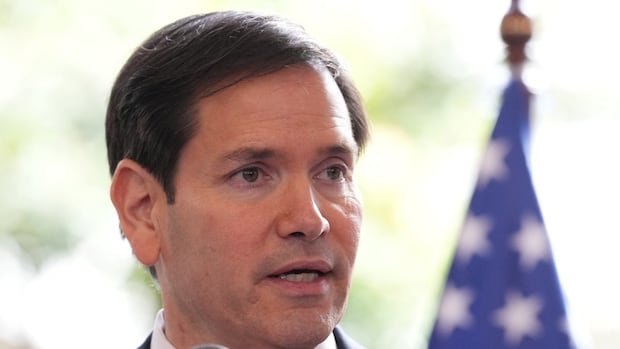U.S. officials have not specified the legal basis for the recent airstrike on an alleged Venezuelan drug smuggling boat in international waters, triggering criticism from legal experts. In a move to combat drug cartels, the U.S. has dispatched 10 F-35 fighter jets to a Puerto Rico airfield, as reported by Reuters on Friday. This deployment of advanced fighter jets enhances the U.S. military’s presence in the southern Caribbean.
The airstrike, authorized by U.S. President Donald Trump, resulted in the deaths of 11 individuals aboard the vessel. The White House claimed that the boat was transporting members of Tren de Aragua, a gang allegedly closely associated with Venezuela’s authoritarian leader, Nicholas Maduro.
Defense Secretary Pete Hegseth affirmed on Fox News that the U.S. had precise knowledge of the individuals on the boat, their activities, and affiliations. However, detailed information regarding the incident has not been disclosed, despite the legal requirement for the administration to inform Congress about unauthorized military actions within 48 hours, a deadline that lapsed on Thursday.
Criticism has mounted from the Washington Office of Latin America (WOLA), a non-governmental organization, stating that the U.S. operation deviated from established international standards and U.S. maritime operation protocols against civilian vessels in international waters. The organization highlighted the use of disproportionate lethal force without apparent self-defense justification, a departure from previous drug interdiction practices in the Caribbean.
U.S. Secretary of State Marco Rubio was questioned about the legal review process preceding the strikes but did not furnish specific details during his visit to Ecuador. He emphasized the support of regional allies in locating and neutralizing threats posed by criminal entities.
Debates surrounding the legality of preemptive strikes have been ongoing, with past administrations authorizing similar actions. However, experts like Mary Ellen O’Connell from the University of Notre Dame Law School argue that the recent strike lacked a legitimate basis as there were no ongoing hostilities in the Caribbean.
Amidst the administration’s deportation efforts targeting undocumented residents, Tren de Aragua has been portrayed as a terrorist organization. Nonetheless, experts have debated this characterization, and questions persist about the gang’s global presence and its ties to the Maduro government.
Criticism from Capitol Hill has been tempered, reflecting bipartisan consensus on the illegitimacy of Maduro’s rule due to dubious Venezuelan elections. Concerns have been raised regarding the legal justification for the strike, with lawmakers seeking further information.
Former Human Rights Watch executive director Kenneth Roth cautioned against selective application of international laws based on the targets. He warned of setting a dangerous precedent where leaders could unilaterally decide to eliminate perceived threats, emphasizing the right to due process even for reprehensible individuals.
International reactions to the airstrike have been subdued pending additional details. Iran’s ambassador to the United Nations in Geneva vaguely accused the U.S. of violating international law in connection with its policies towards Venezuela.


